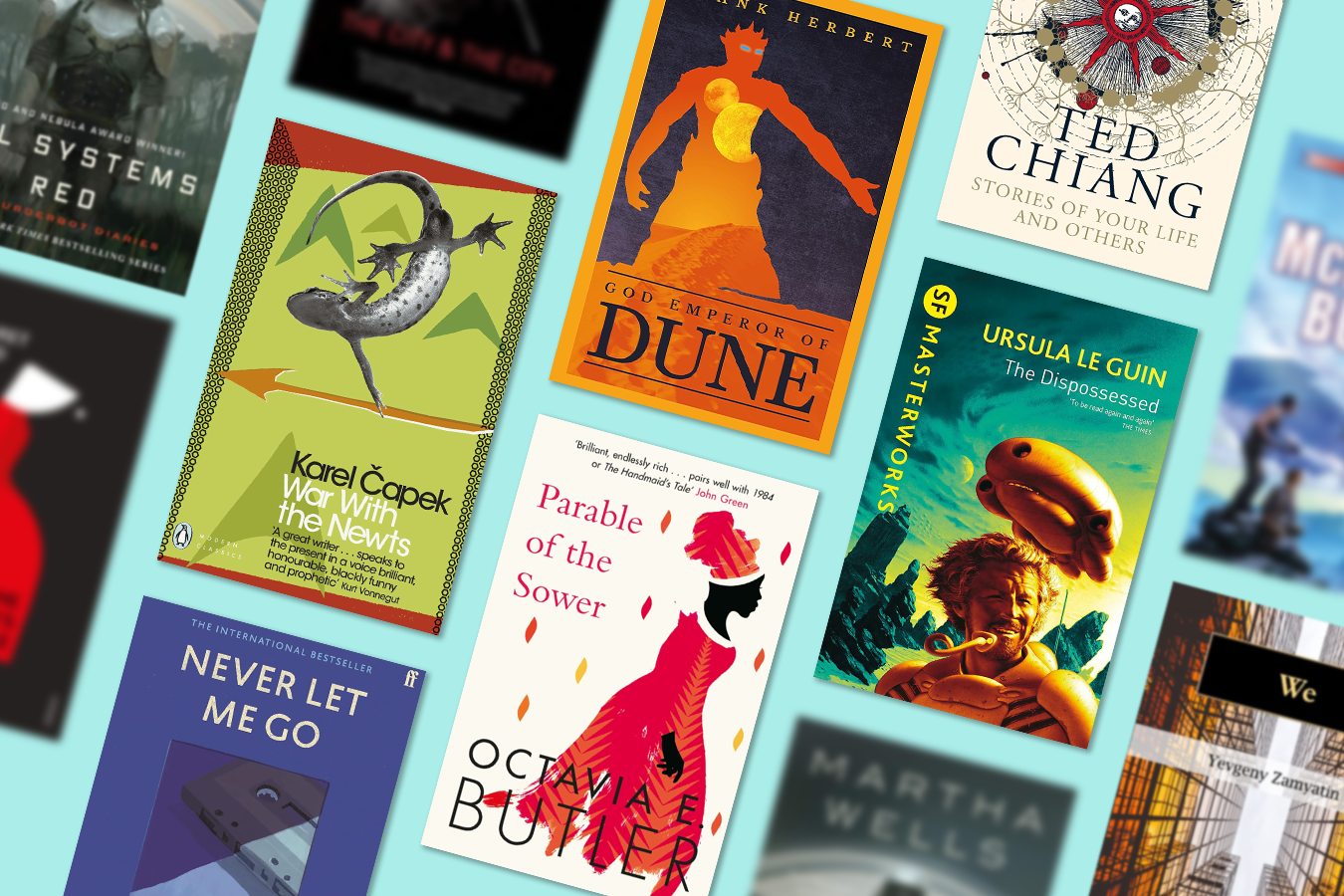

Oh, for sure. It’s not an area that I’m an expert in, but your conversation got me curious because I had heard both things, so I read a few articles. One of the interesting things is that the bit about Hitler’s envoy wasn’t broadly known until 2020 when the Vatican released a whole mess of documents that had been kept hidden previously. So there’s maybe more reason for some people to have one impression based on what they grew up hearing, and others to have a different one based on more recent info, but even with the new info it seems nuanced.
It’s easy to fault anyone who didn’t take a clear stand against Hitler from this vantage point, but it must have been hard to be a world leader facing the possibility that Hitler would be successful and you’d have to deal with his empire. Pius XII supported the allies and it’s obvious he was against Hitler, but he was reluctant to be overtly vocal about it, and he even entertained the envoy, which maybe he saw as hedging his bets (we can’t know exactly what he was thinking). It’s for sure stained his legacy.












I remember a long time ago noticing, while sorting by new, that posts in some communities had downvotes within seconds of being posted, so yes I think there are bots.